Sarika reminisces about Durga Puja in Assam, where she grew up. She recalls a visit to Kumortuli, the potters’ colony, inhabited by the idol makers for ages. They live in abject poverty, in dark, narrow alleys but this is a place where men create Gods, says she, in the special feature, exclusively in Different Truths.
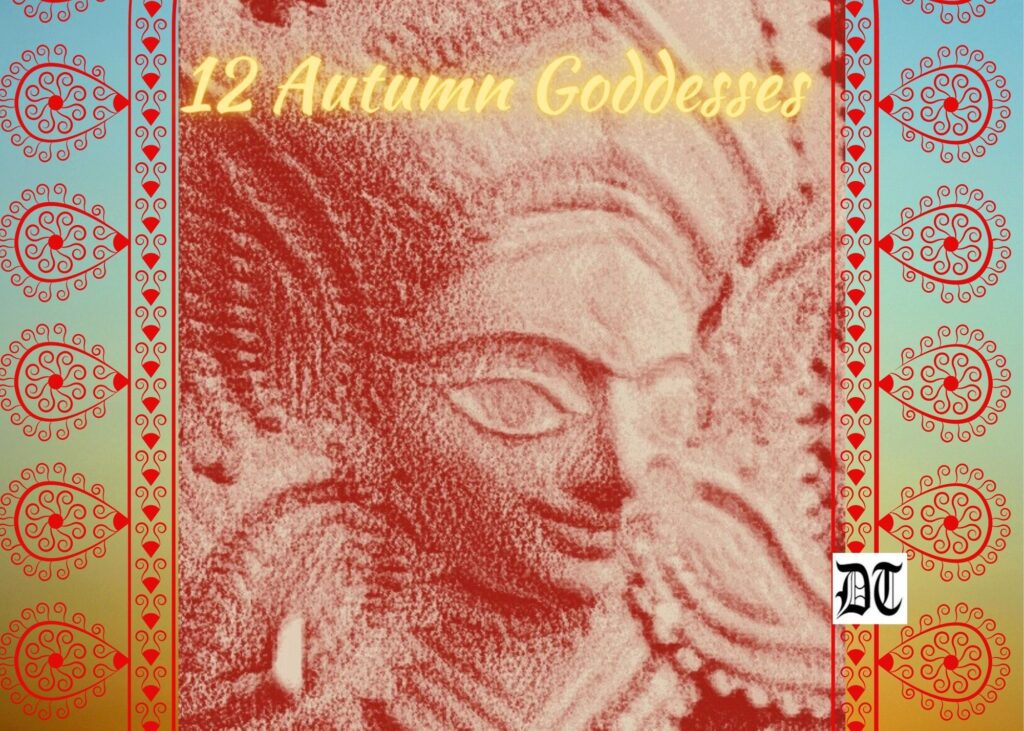
I am a Bengali born and raised in Assam. But our Pujo celebration is no different than any Bengalis, anywhere the world. We celebrate Bihu and Christmas also with the same enthusiasm.
Durga Pujo isn’t just a festival; it is something that is much bigger, which is in our mind and soul. Suddenly, one fine morning you can smell pujor gondho (the fragrance of Puja). The presence of Maa Durga can be felt on earth. And all the Bongs start behaving differently.
I have spent my childhood in Assam –Digboi, where our colony Pujo is very much like a pujo at home. Everything is managed by the parar lokjon (locality’s people). My Baba was always a very active member. He always played a crucial role in this event. Time played some cruel games and many things changed – Baba is in a wheelchair, now.
Pujo means food, fun, chatting, dressed up and undoubtedly a lot of music. The beats of dhak– (war drums) and pujor gaan (songs released during Pujo every year). Since childhood, Baba used to buy me a cassette on pujor gaan of that year, like this year Shreya Ghosal’s song, Dhak Baja Kashhor Baja.
It is a time of carnival, like Christmas in London, everywhere people are rushing, maybe last minute shopping, final touches of pandals and it is also rushed because of home-bound Bengalis.
“Pujo elo pujo elo joi durga bol/Protimar e saaj dekhte Kumortuli chol” – I heard this song when I was barely eight-year-old. Since than Kumortoli is on my mind. So finally, I made it during the autumn break, in 2016. It was hot and humid in Kolkata, but the season welcomes the worship of a deity. It is a time of carnival, like Christmas in London, everywhere people are rushing, maybe last minute shopping, final touches of pandals and it is also rushed because of home-bound Bengalis.
Around 11 am, we visited Kumortoli – the traditional potters’ colony. It is a small locality with narrow dark lanes, with mud, idols and many visitors like me. However, the beauty of idols camouflages all the darkness. My son was surprised to see how so creative potters live without basic amenities, not to speak of AC, fans or proper ventilation. These are very narrow alleys. It is difficult to understand, how so many creative people survived there. It is the home of the finest clay artisans in India that carry on a centuries-old tradition of the making of idols. It is hard to believe that it is the nerve centre of idol making area in Kolkata.
Kumortoli where art is everywhere.
However, these artisans work throughout the years for their livelihood but two to three months before the Durga Poja is the peak time for their business. Kumortoli where art is everywhere. The essence of creativity is visible in every nook and corner. This is where men create Gods. But these artists’ life is miserable, reason, Durga puja being the only major event of the year, and they have to survive with the earnings of this event. We tried to communicate with few artisans, few of them refused to talk saying they were busy, while some others told their stories and also confessed this profession is dying and next generation are trying hard for a white coloured job.
Picture design Anumita Roy, Different Truths

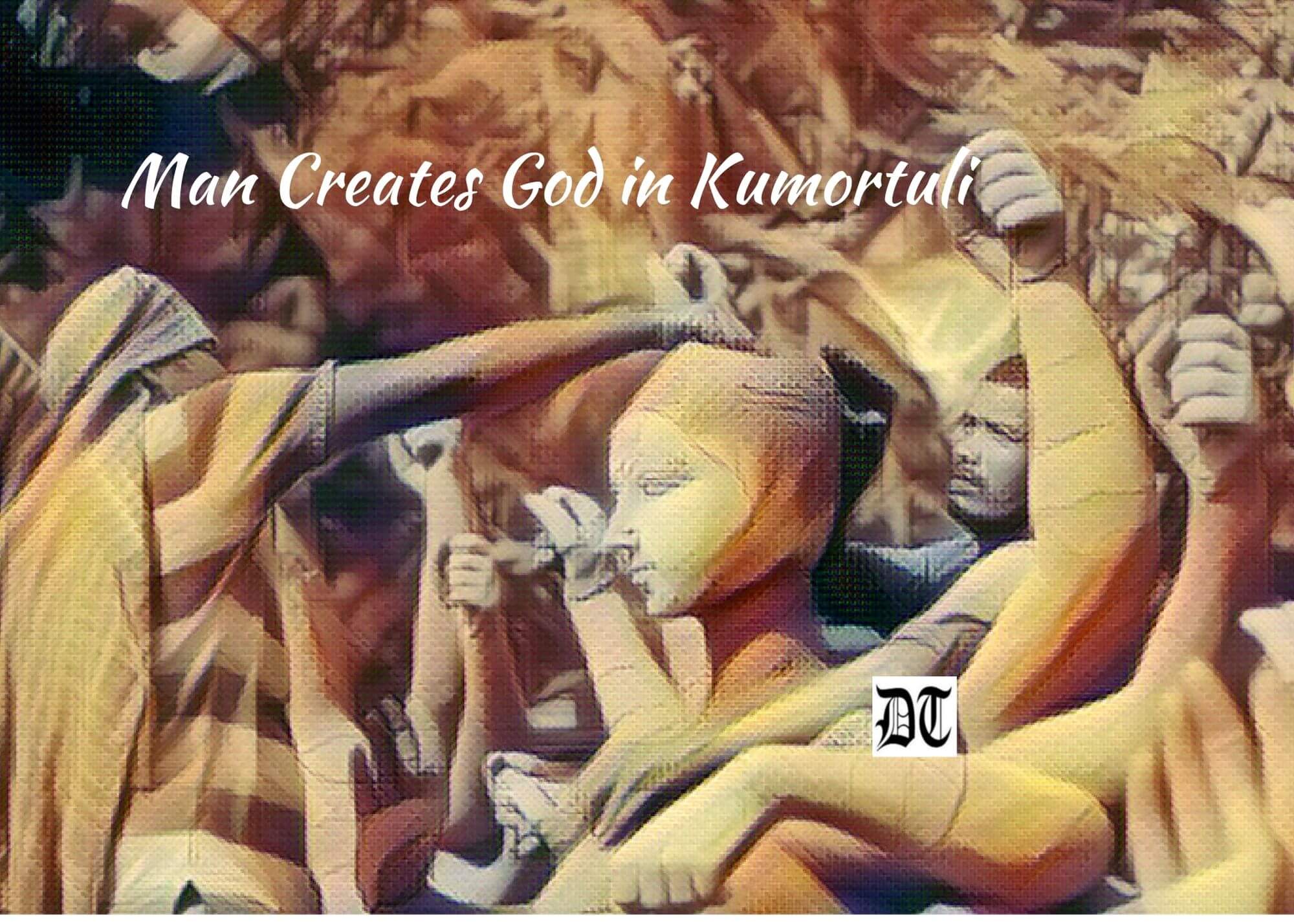

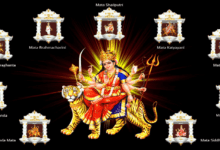
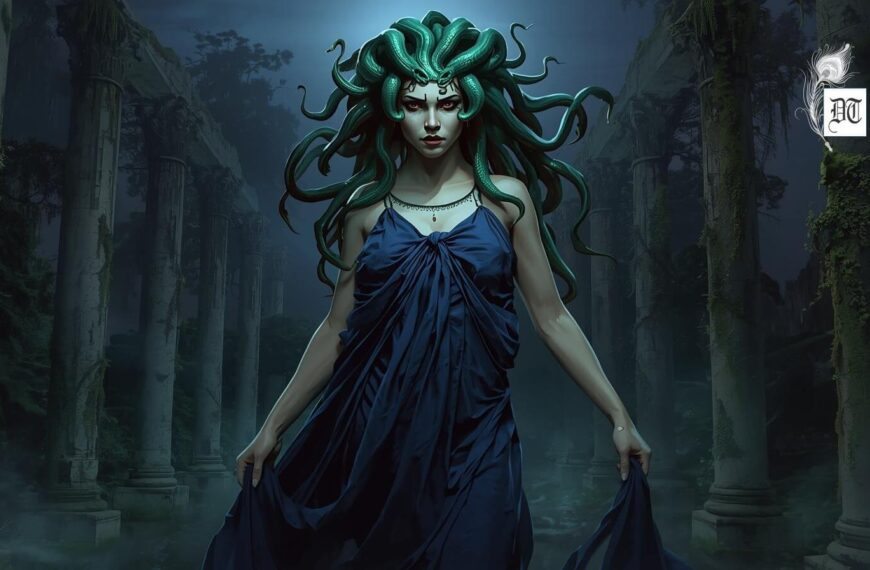
 By
By
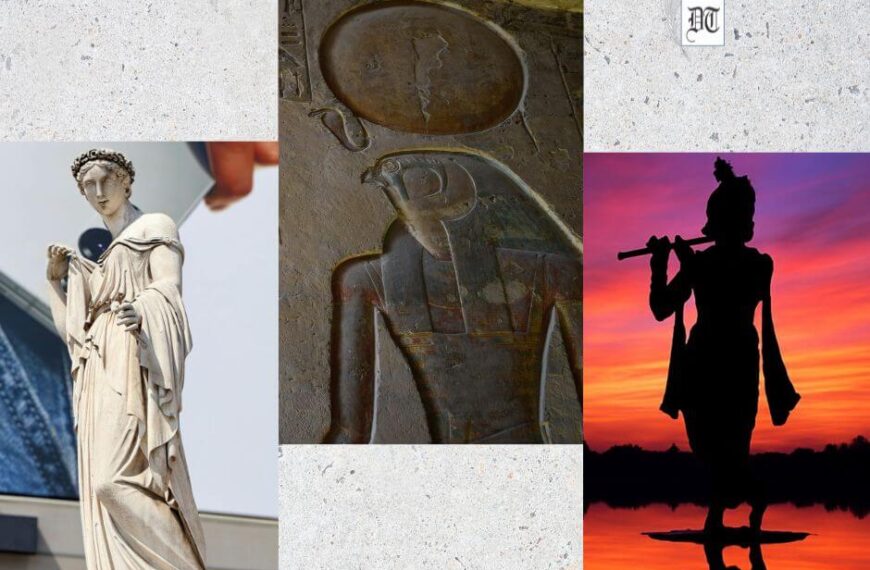

 By
By